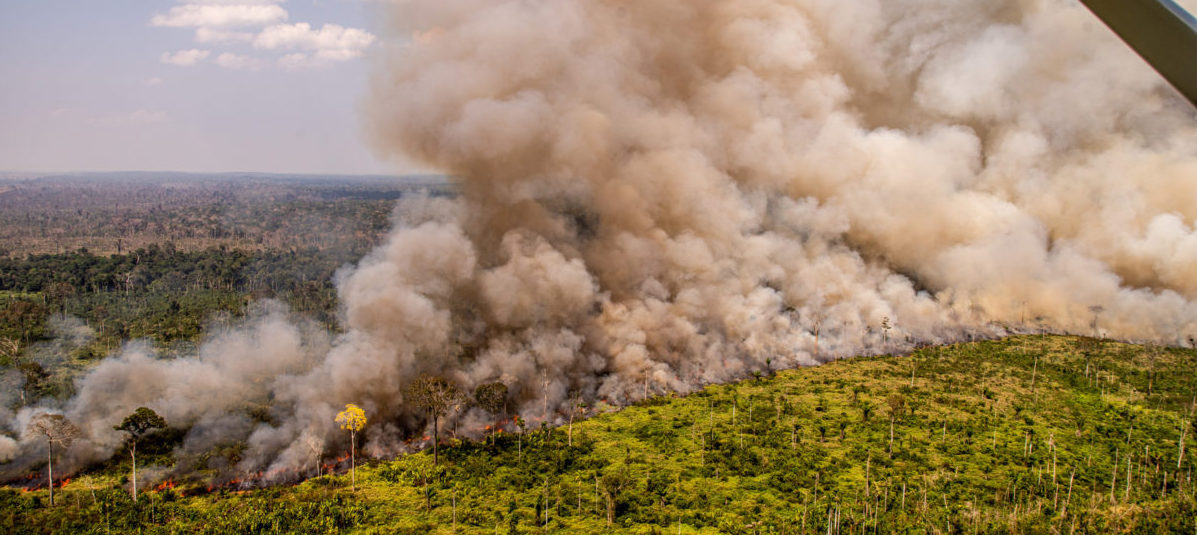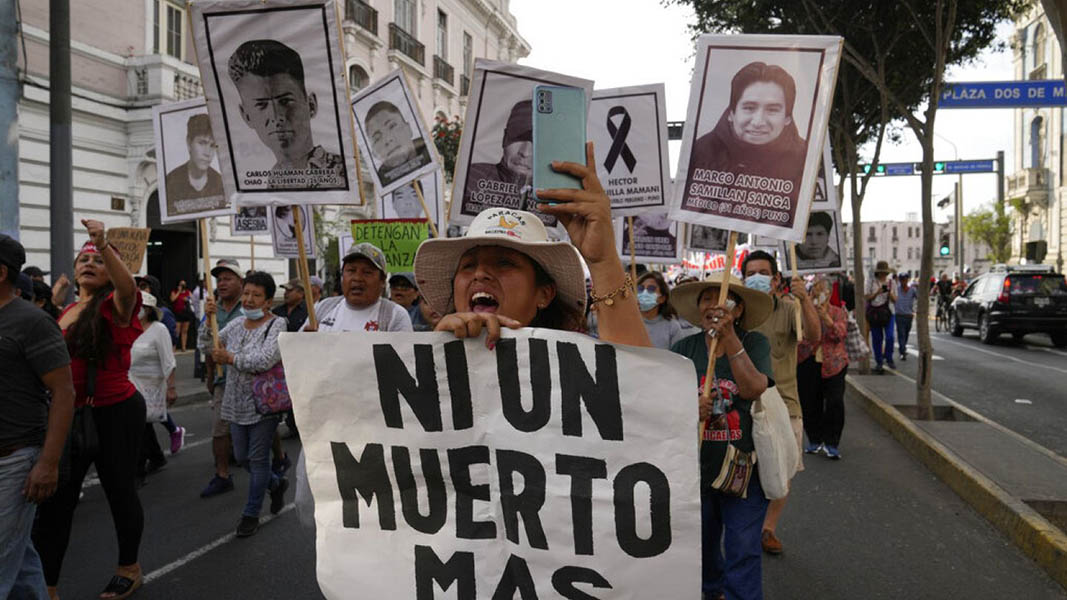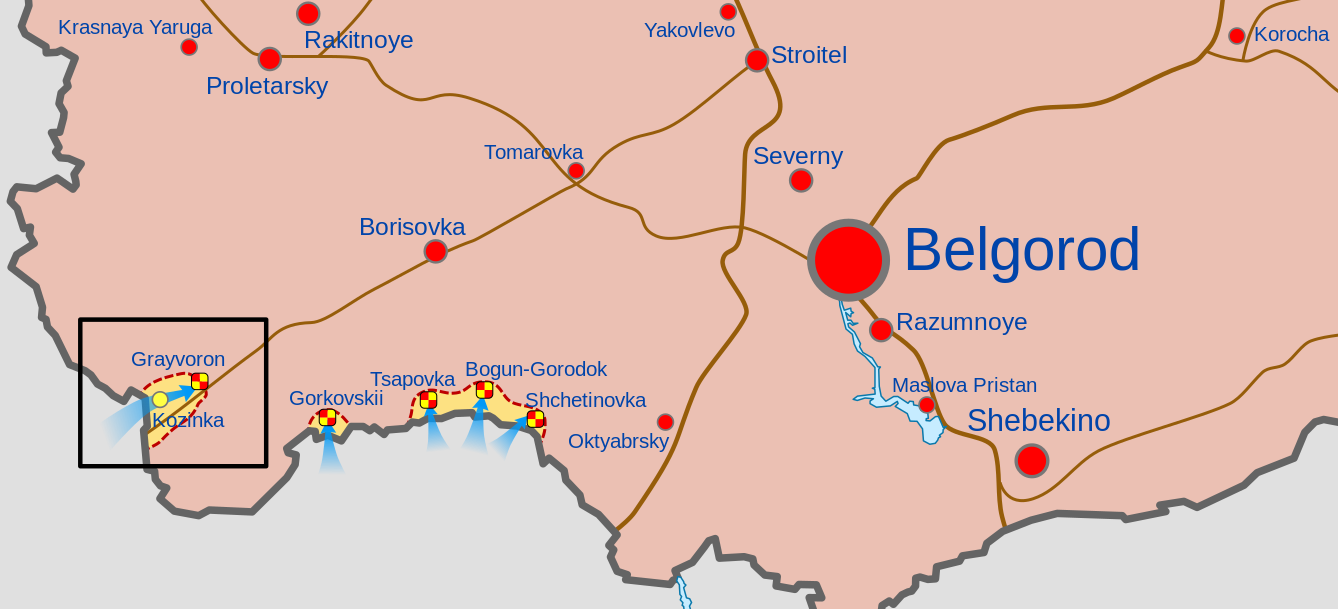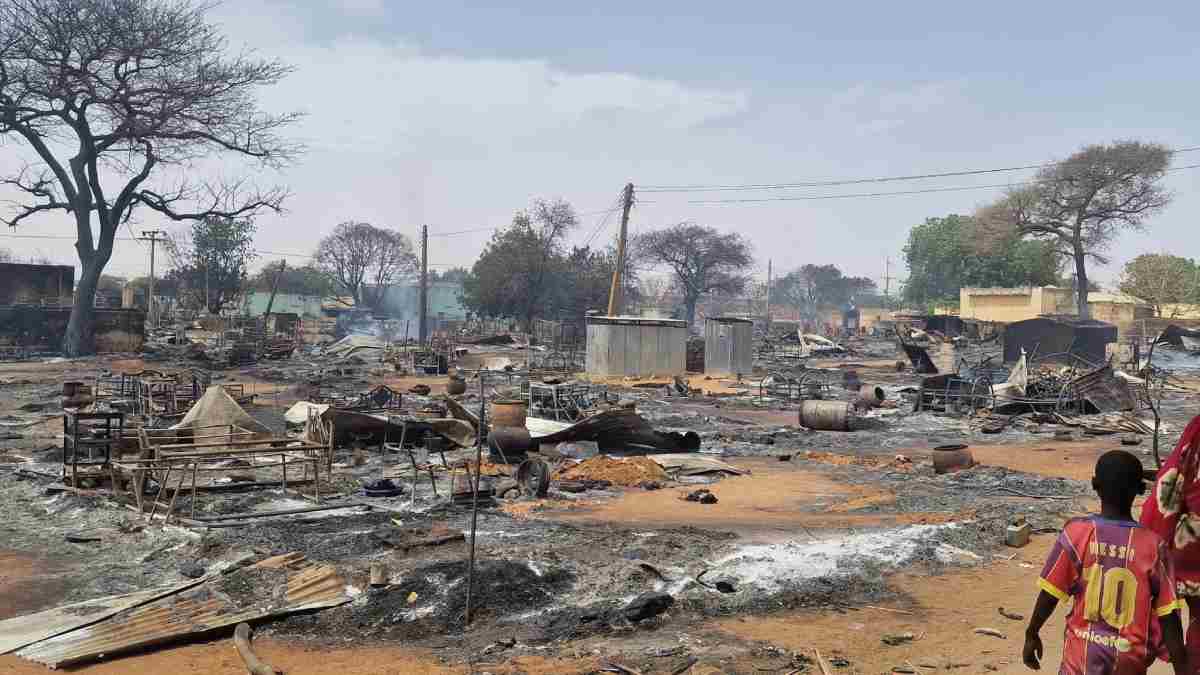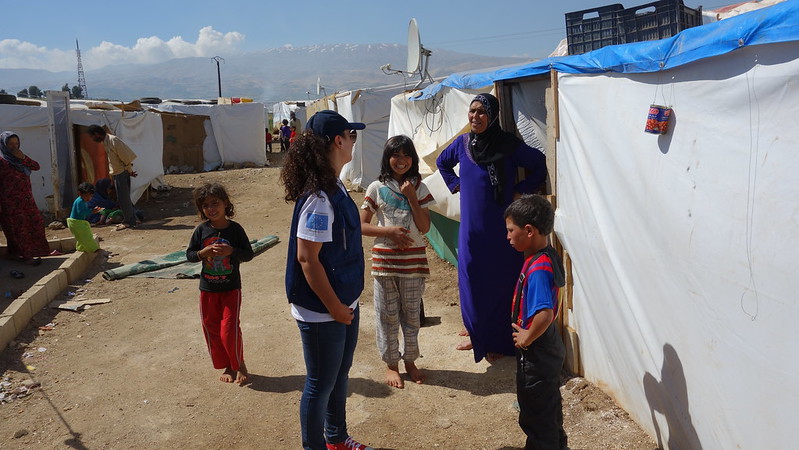
Hong Kong: prison hunger strike to remember 6-4
Hong Kong police detained at least eight people for allegedly attempting to hold public vigils commemorating the Tiananmen Square massacre. Victoria Park, the site of the massive annual commemoration which is now suspended due to the crackdown in the city since 2020, was meanwhile the scene of a fair promoting unity with China. However, prominent activist Chow Hang-tung, who has been imprisoned since her arrest in 2021 for promoting an “unauthorized” commemoration that year, announced a 34-hour hunger strike—one hour for each year since June 4, 1989, known in China as “6-4.” (Image via Twitter)




